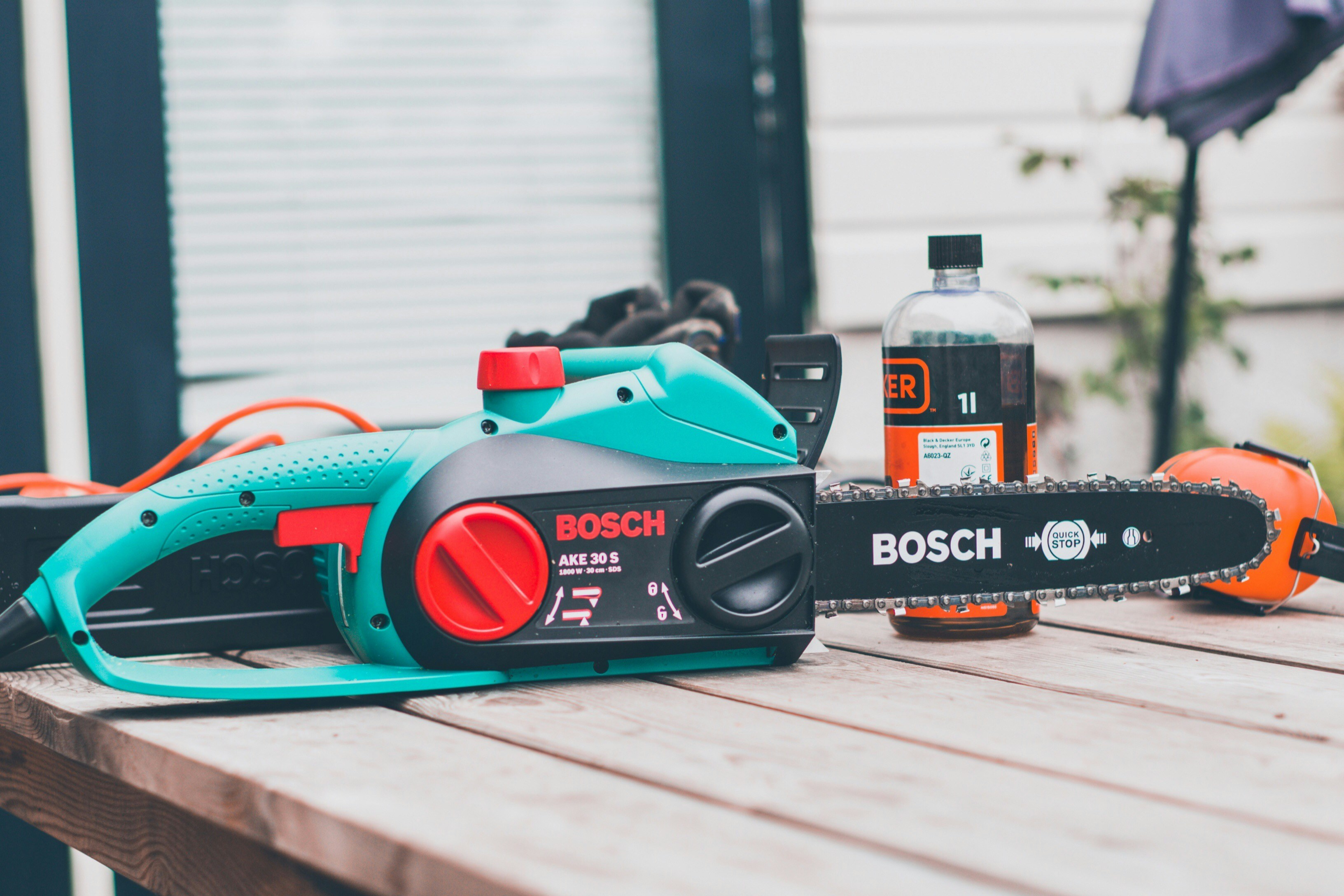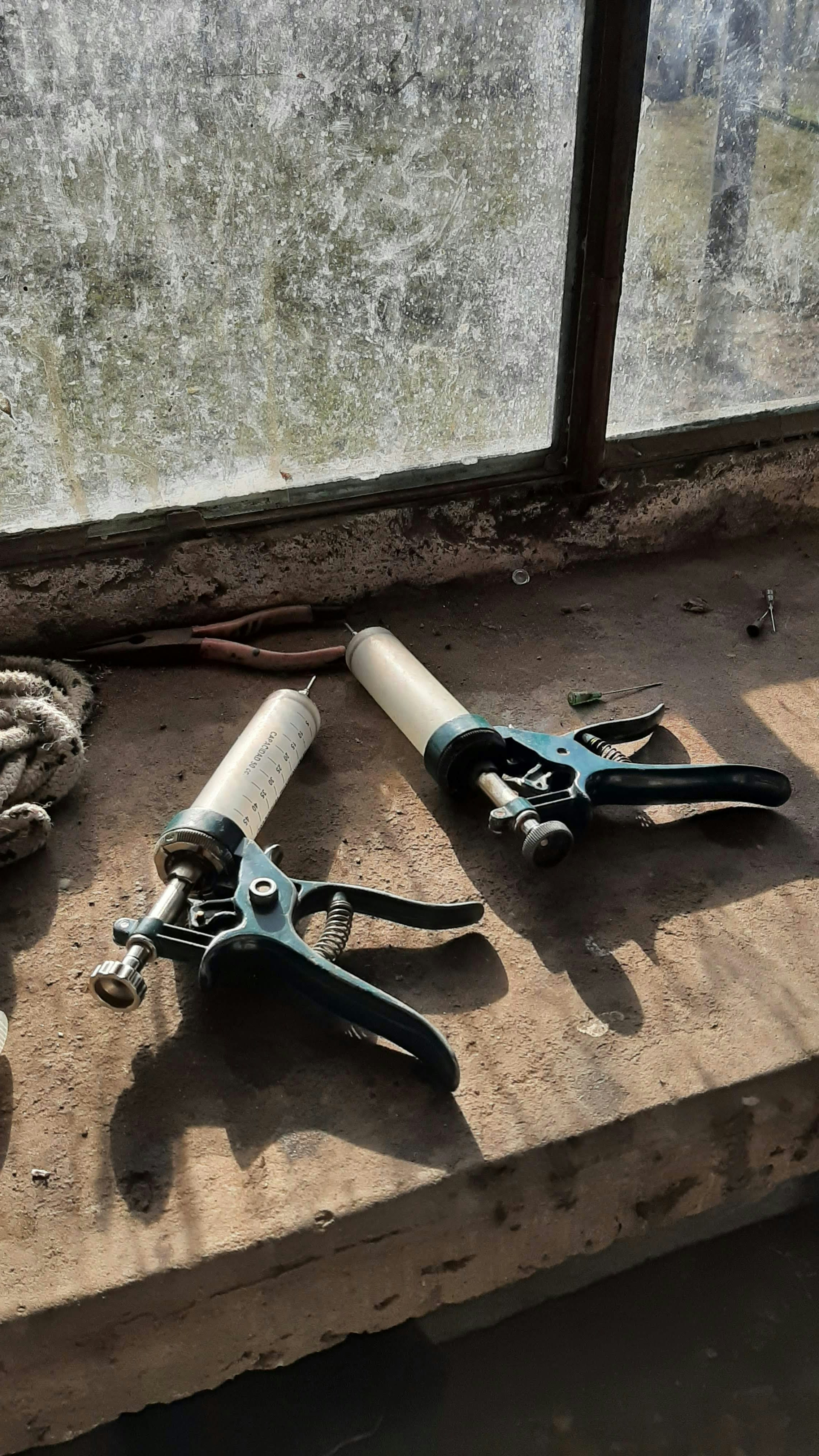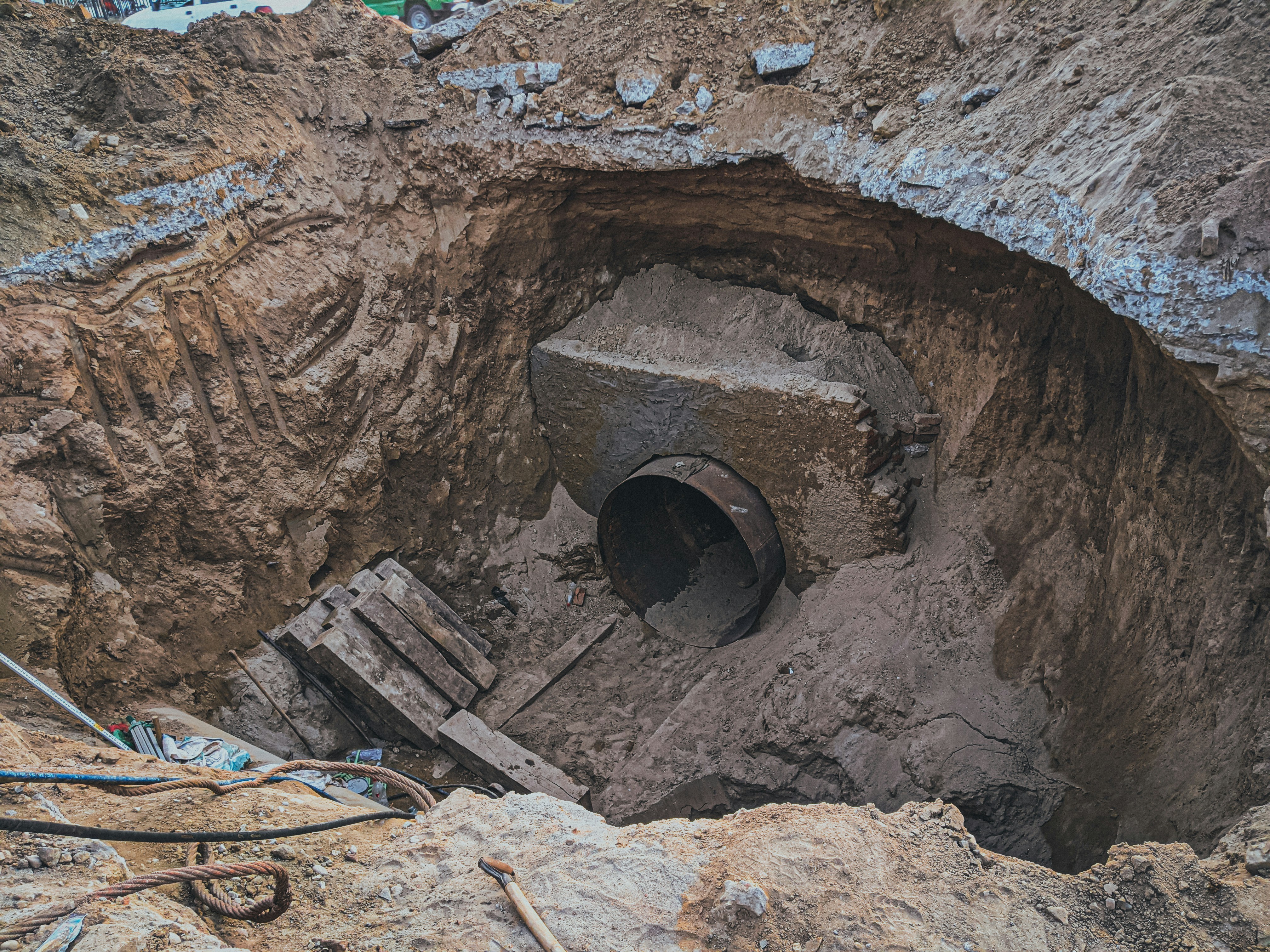Water heaters are indispensable appliances in modern households, providing the essential service of hot water for various applications, including bathing, cooking, and cleaning. Understanding their functionality and the key factors to consider when selecting one can significantly affect the overall efficiency and convenience of a household. Essentially, water heaters work by heating water using energy sources such as electricity, natural gas, or solar power, and then storing this heated water in a tank or delivering it on demand.
When choosing a water heater, several critical factors must be taken into account. Energy efficiency is paramount, as it directly impacts both environmental sustainability and monthly utility bills. Models with higher energy efficiency ratings can save homeowners substantial amounts over the heater’s lifespan. Capacity is another crucial aspect, dictating the volume of hot water available at any given time. This must be matched to the household’s needs to ensure a constant supply without unnecessary waste or excess.
Installation requirements also play a significant role in the decision-making process. Different types of water heaters have varying installation needs, which can affect the overall cost and complexity. For instance, tankless water heaters, which heat water on demand, often require more sophisticated installation compared to traditional tank models.
There are several types of water heaters available in the market, each with unique benefits and drawbacks. These include conventional storage water heaters, tankless (on-demand) water heaters, heat pump water heaters, solar water heaters, and condensing water heaters. Each type caters to different household needs and energy sources, offering a range of options to suit varied preferences and budgets. By understanding these fundamental elements, homeowners can make informed choices, ensuring they select the most appropriate water heater for their specific requirements.
Water heaters are essential household appliances that provide hot water for various uses. In 2024, several types of water heaters are available, each with unique features, advantages, and drawbacks. Understanding these differences can help you choose the best water heater for your needs.
Traditional Tank Water Heaters
Traditional tank water heaters are the most common type, featuring a large reservoir that stores and heats water. They are reliable and relatively inexpensive to install. However, they can be less energy-efficient due to the constant need to keep the stored water hot. Recent advancements include improved insulation and electronic ignitions, enhancing energy efficiency.
Tankless (On-Demand) Water Heaters
Tankless water heaters, also known as on-demand water heaters, heat water directly without storing it in a tank. When hot water is needed, cold water travels through a pipe into the unit, where it is heated by either a gas burner or an electric element. These units are more energy-efficient since they only heat water when needed. However, they can have higher upfront costs and may require additional maintenance. Technological advancements in 2024 have further reduced their size and increased their efficiency.
Heat Pump Water Heaters
Heat pump water heaters use electricity to move heat from the air or ground to heat the water, making them highly energy-efficient. They work best in warm climates where they can draw heat from the surrounding air. The main drawback is their higher initial cost and the need for a suitable installation space. Recent improvements include better performance in cooler climates and more compact designs.
Solar Water Heaters
Solar water heaters use solar panels to capture and convert sunlight into heat, which is then used to warm the water. They are highly energy-efficient and environmentally friendly. However, their performance depends on the availability of sunlight, and they generally have higher installation costs. Advances in solar technology have led to more efficient and affordable systems in 2024, making them a more viable option for many households.
Condensing Water Heaters
Condensing water heaters are similar to traditional tank water heaters but are more energy-efficient. They capture and reuse the hot exhaust gases that would otherwise be wasted. This type of water heater is particularly effective in homes that use natural gas. The main drawback is their higher cost compared to traditional models. Recent developments have further improved their efficiency and reduced their environmental impact.
Choosing the right type of water heater involves considering various factors, including energy efficiency, cost, and the specific needs of your household. The advancements in water heater technology in 2024 offer more options than ever before, making it easier to find a model that fits your requirements.
Best Water Heaters for Price and Quality in 2024
If you’re interested in purchasing the item you seek, please click the link for additional details: #americanachoice.
In 2024, the market for water heaters has seen significant advancements, offering consumers a wide array of choices that balance price and quality. This section reviews some of the top water heaters that stand out for their excellent value, energy efficiency, and user satisfaction.
1. Rheem Performance Platinum 50 Gallon: This electric water heater is highly praised for its energy efficiency and durability. It features a 12-year warranty and has received accolades for its efficient performance, making it a top choice for households. The model incorporates smart features, allowing users to monitor and control energy usage via a mobile app.
2. A.O. Smith Signature Premier 50-Gallon: Known for its balance of price and quality, this gas-powered water heater offers quick recovery rates and a 10-year limited warranty. User reviews highlight its reliability and the brand’s strong customer support. Additionally, it has been recognized for its energy-efficient design, which helps reduce operational costs.
3. EcoSmart ECO 27 Electric Tankless: Ideal for those looking for a space-saving option, this tankless water heater provides hot water on demand and boasts an energy efficiency rating of 99.8%. It is suitable for small to medium-sized households and comes with a lifetime warranty on electronics, exchanger, and element. The EcoSmart ECO 27 has earned high marks for its compact design and performance.
4. Bradford White 40 Gallon Natural Gas Water Heater: This model is preferred for its robust build and consistent performance. It features a 6-year warranty and is designed with advanced safety features. Users appreciate its quick heating capability and low maintenance requirements. It has also been recognized in industry awards for its innovation and reliability.
5. Rinnai RU160iN Sensei Super High Efficiency Plus: A premium tankless option, this model is known for its exceptional energy efficiency and long-term savings. It offers a 15-year warranty on the heat exchanger and is compatible with smart home systems. Its high user ratings and accolades for innovation make it a standout choice for those willing to invest in quality.
The following comparison chart summarizes the key details of these top water heaters:
| Model | Type | Capacity | Energy Efficiency | Warranty | Key Features |
|---|---|---|---|---|---|
| Rheem Performance Platinum | Electric | 50 Gallon | High | 12 Years | Smart Features, Durable |
| A.O. Smith Signature Premier | Gas | 50 Gallon | Moderate | 10 Years | Quick Recovery, Reliable |
| EcoSmart ECO 27 | Electric Tankless | On Demand | 99.8% | Lifetime | Compact, Efficient |
| Bradford White 40 Gallon | Natural Gas | 40 Gallon | Moderate | 6 Years | Safety Features, Low Maintenance |
| Rinnai RU160iN Sensei | Tankless Gas | On Demand | High | 15 Years | Smart Home Compatible, Innovative |
These models represent the best water heaters available in 2024, offering a variety of options to suit different household needs and budgets. Each has been selected based on its balance of price, quality, and user satisfaction, ensuring that you make a well-informed decision for your next water heater purchase.
How to Choose the Right Water Heater for Your Home
Selecting the optimal water heater for your home requires a careful assessment of various factors to ensure that you meet your household’s specific needs and preferences. The size of your household, daily hot water usage, local climate, and budget are critical considerations that influence your decision. Understanding these elements can guide you towards a water heater that provides efficient and reliable service.
Firstly, household size and daily hot water usage are pivotal in determining the appropriate capacity of your water heater. For small families or individuals, a tankless water heater may be sufficient, as it provides hot water on demand without the need for a storage tank. Larger families, on the other hand, may benefit from a tank-style water heater with a larger capacity to ensure a steady supply of hot water.
Local climate also plays a significant role. In colder regions, water heaters with higher BTU (British Thermal Units) ratings are essential to efficiently heat the colder incoming water. Conversely, in warmer climates, you might opt for a less powerful unit, which can be more energy-efficient and cost-effective.
Budget considerations encompass both the initial purchase price and the long-term costs associated with energy consumption and maintenance. While up-front costs are a factor, energy efficiency ratings should not be overlooked. Heaters with higher energy efficiency ratings might have a higher initial cost but can lead to substantial savings on utility bills over time. Look for units with the ENERGY STAR label, as they meet strict energy efficiency guidelines set by the U.S. Environmental Protection Agency.
Installation costs and long-term maintenance are also crucial factors. Tankless water heaters often have higher installation costs but lower maintenance needs, while traditional tank heaters might be cheaper to install but require more frequent maintenance and eventual replacement.
To aid in your decision-making process, consider the following checklist:
- Assess your household size and calculate daily hot water usage.
- Consider the local climate and its impact on water heating needs.
- Set a budget that includes both initial costs and long-term expenses.
- Evaluate energy efficiency ratings and potential savings on utility bills.
- Consider installation costs and long-term maintenance requirements.
- Research and read reviews on different water heater models.
- Consult with a professional plumber for personalized advice.
By thoroughly evaluating these factors, you can make an informed decision and select a water heater that best meets your home’s needs, providing comfort and efficiency for years to come.
If you’re interested in purchasing the item you seek, please click the link for additional details: #americanachoice.
https://amzn.to/3SBN3Oy
AFFILIATE DISCLOSURE: I am an affiliate for this company, I am not a paid employee.
I may receive a commission if you click a link on this page and choose to purchase something.
You can rest assured I will only share things I believe in and will be valuable to you.



